The trauma of the Three Mile Island incident, attached itself to my 6 year old psyche in ways I’ve only begun to understand as an adult. The news itself was a noxious gas permeating the air waves of radio and TV, and at such a tender age, I was not immune. During weeks of the incident, I remember many morning car rides with a seventies style disco tune playing on the radio in honor of the incident—a song about a “bubble” bursting. The chorus repeated phrases like “boom baby boom”; a joyful sounding rhythm, but with lyrics about how we would all die if TMI could not resolve things.
As kids, we definitely understood that you couldn’t out run poison air, so I could not understand why people, including my own family, did not seem as panicked as I felt.
One Friday after school, I heard more official sounding reports on what might happen during a full meltdown. That same evening, my parents had an event out of town, leaving me in the care of my grandma for the weekend. Her big old house, where before the incident I liked to play and explore, felt like a cage with a kind old lady who’d be too slow to help me if the “tubes exploded.” It’s a frightening memory that has stayed with me to this day.
I could not understand why people, including my own family, did not seem as panicked as I felt
Off and on for years after the incident, until about the age of nine, I had panic attacks just at bedtime — the moments before sleep when left alone with your thoughts. Sometimes the crying fits were so severe that one, or both my parents, would kneel at my bedside and pray with me. They weren’t particularly religious people, but they were desperate to support me through wailing outbursts about death, dying and nuclear war.
Last year, I began participating in a Dauphin County Sub-Committee on trauma informed care. Learning so much about the Adverse Childhood Experiences Study, known as ACES, has helped me better understand the traumas I suffered as a child. I was traumatized, and my anxieties were shaped, in part, by that time during the TMI Crisis. I write with sincere compassion for all families trying to cope with the onslaught of traumatic news we, as a society, are receiving daily.
Managing the amounts and quality of information we receive, especially as parents, is a priority that can be easily overlooked. With a more thorough understanding of my experiences from back then, it’s obvious that the new age of 24/7 information, can be a dangerous minefield that mirrors the world we live in.
Carita
